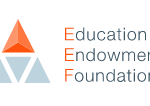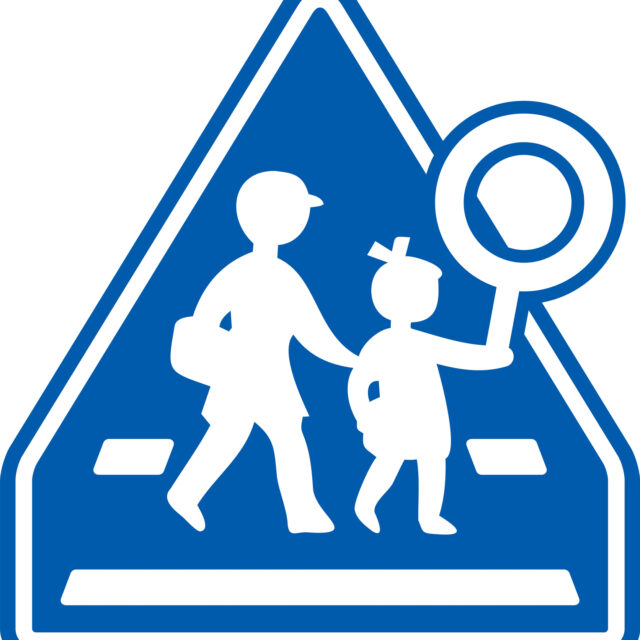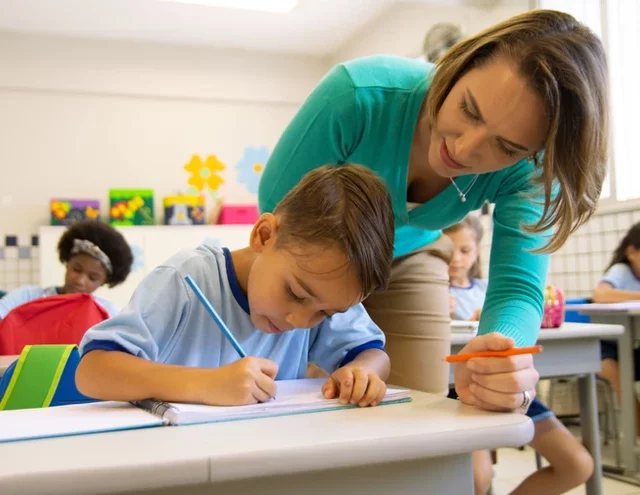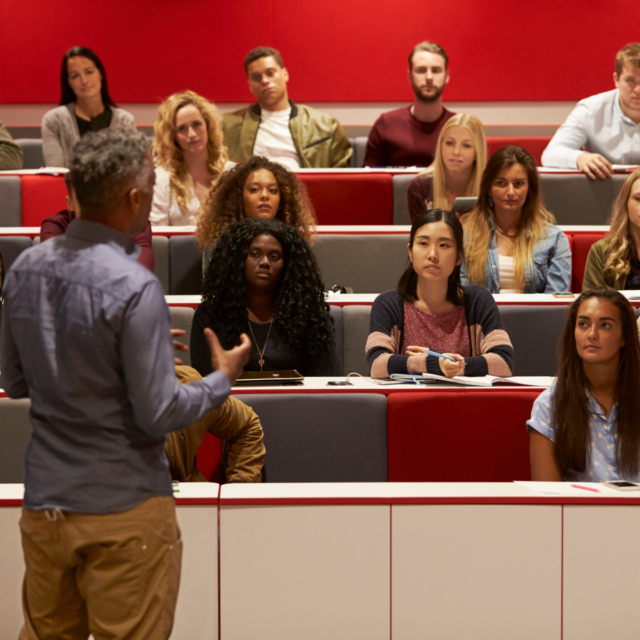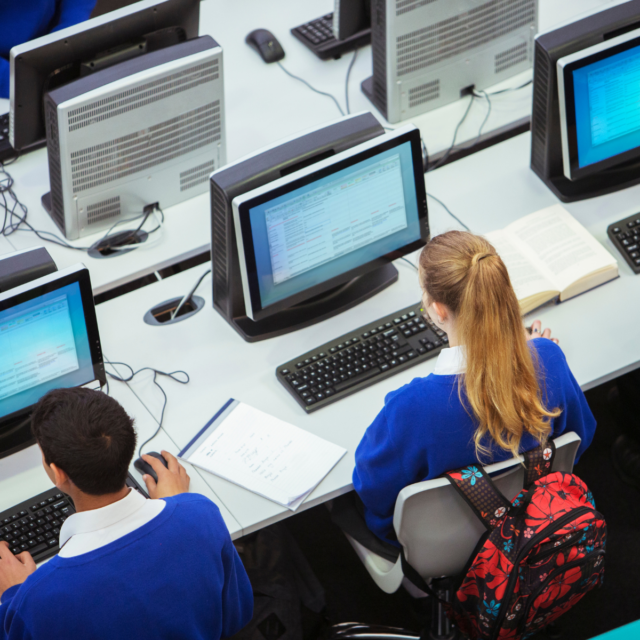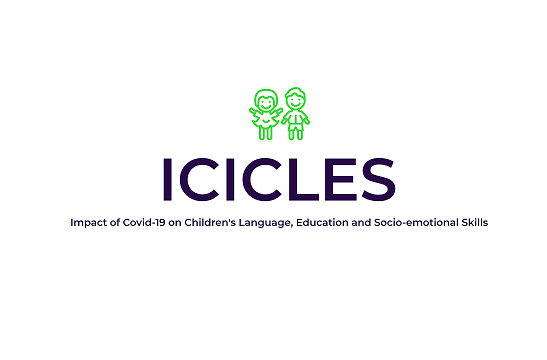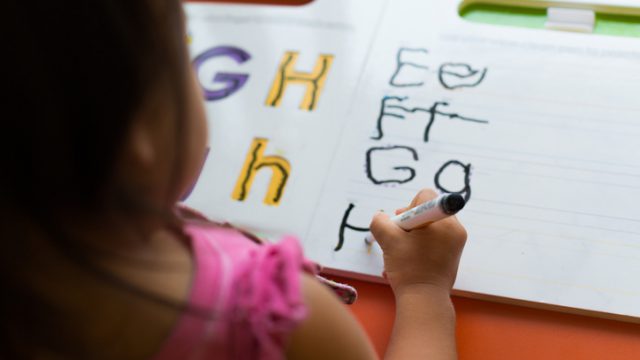How to Thrive – improving pupils’ non-cognitive skills
Existing research suggests that improving pupils’ non-cognitive skills such as motivation, resilience and self-regulation, boosts their academic achievement. Children from disadvantaged backgrounds tend to have weaker non-cognitive skills than their better-off peers, so improving these could help to narrow the performance gap by social class and raise academic attainment.
_0.jpg)
Summary & aims
‘How to Thrive’, based in Hertfordshire County Council, have developed an intervention using the Penn Resilience Programme. The project is supported by the London School of Economics, with Lord Richard Layard providing expert input. With funding from the Education, Endowment Foundation, NIESR is evaluating the programme, which is being implemented in secondary schools across London and the South East.
Methodology
The evaluation
Around 30 schools were recruited to the trial in two main stages during 2013. The test schools are delivering a structured programme within Personal Health and Social Education from year 7 to year 10. NIESR is evaluating the impact of the programme on pupils’ academic outcomes. The process evaluation is aimed at assessing the design and approach of the programme, including training, analysis of materials, survey of existing practice, teacher response to the programme and the experiences of pupils through focus groups.
Timescale
The project began in 2013 and will be completed in 2021 when the final report will be published.
More information is available about the project on the EEF website project page
Project privacy notice
